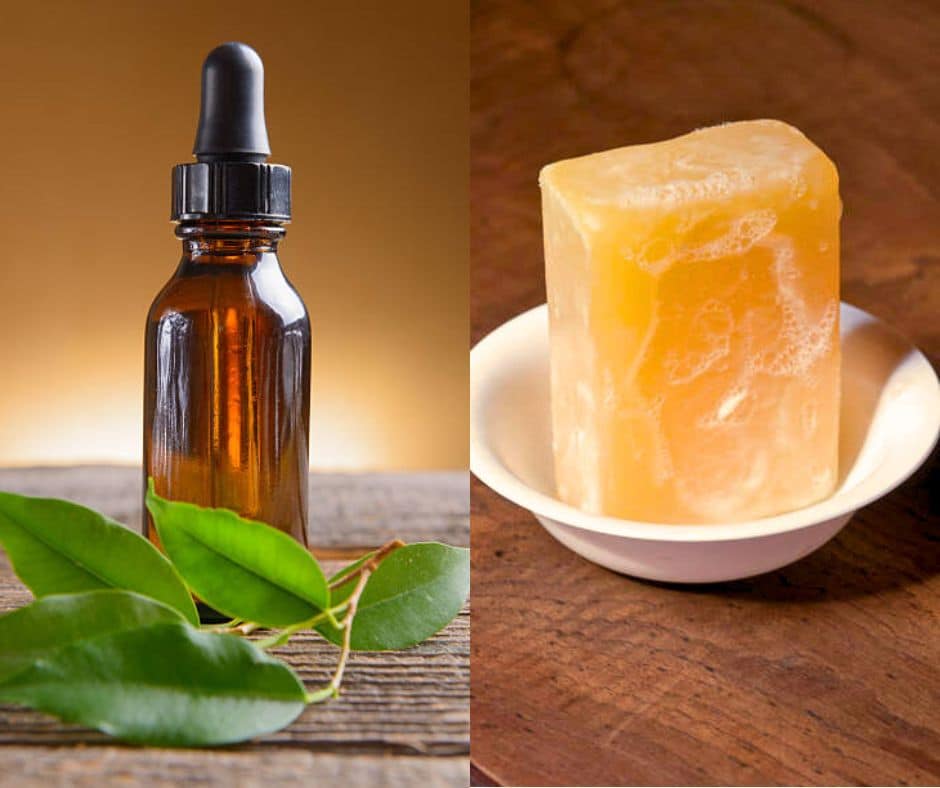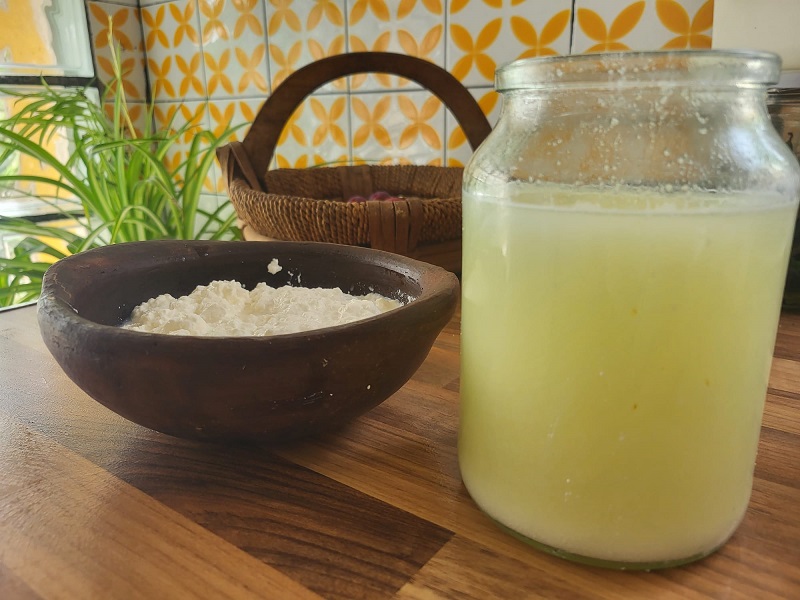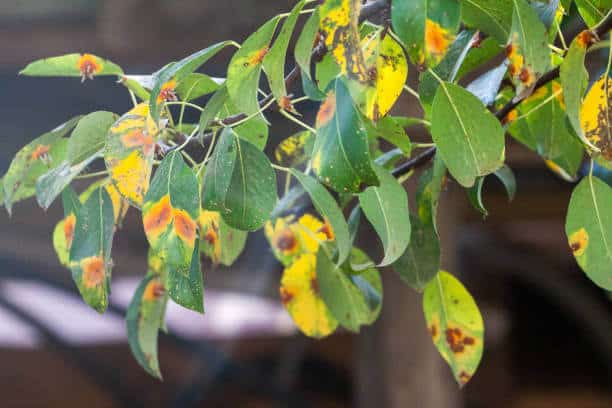In the world of organic farming, it is common to hear that certain products such as neem oil or potassium soap are “green” insecticides, safe and environmentally friendly. But is this true?
In this post we want to tell you how they really work, what benefits they offer, but also their limits and risks, especially when it comes to the impact on life as a whole.
What are Neem Oil and Potassium Soap?
Neem oil is an insecticide, classified as natural, which is extracted from the seeds of the neem tree (Azadirachta indica), native to India. This oil contains active compounds such as azadirachtin, which interfere in the life cycle of insects, affecting their feeding, reproduction and development.
Potassium soap, on the other hand, is a mild soap made from vegetable fatty acids and potash (potassium hydroxide). It acts by contact, softening the protective coverings of many insects, causing their death by dehydration.
Both together and separately, they are widely used as ecological solutions for the control of common pests in orchards and gardens. But…
Are they really environmentally friendly?
Although they are considered “ecological” because of their plant origin, it is important to understand that their action is biocidal, i.e. they kill life forms. In this case, insects, mites and other small organisms, without distinguishing between pests and beneficial species such as bees, ladybugs and other pollinators.
For this reason, it is more appropriate to speak of them as ecological biocides, products that, although they do not represent a risk to human health or that of our pets, do alter biodiversity if they are not applied with care. Their continued or indiscriminate use can generate persistent imbalances and reduce the natural resilience of the ecosystem.
What are they used for?
Popularized as “natural” insecticides thanks to their effectiveness against multiple common pests in orchards and gardens, they are used as tools for biological control, especially when we seek to avoid the use of synthetic pesticides.
And although they are very effective against soft-bodied insects such as aphids, mealybugs, whiteflies, red spider mites, thrips, etc., they are also effective in eliminating useful fauna. Therefore, we only recommend their use in severe cases.
In our experience, it is best to apply it on trees without flowering, since there will be less life at that time. Its use should be done with criteria, knowledge and moderation. It is not a matter of substituting a chemical poison for a more “natural” one, but of using these tools as a punctual support, within a broader strategy that prioritizes biodiversity and prevention.
What happens if they are overused?
As with everything in life, these products should also be used sparingly. In the case of neem oil and potassium soap, applying frequent doses or without criteria can end up breaking the natural balance of our orchard. As we have already mentioned, by acting as biocides, they not only eliminate the target pest, but also many of its natural predators, which ends up weakening the ecological network that naturally keeps these problems at bay, thus making it easier for pests to reappear with more strength and fewer obstacles.
Using these products in the long term generates a dependence on external solutions. In other words, by eliminating our natural allies from the orchard, we turn it into a more vulnerable space, which needs our continuous vigilance and more repeated treatments to remain healthy. Far from solving the root of the problem, we perpetuate it.
Therefore, we must always keep in mind that neem oil and potassium soap can be useful allies in an ecological pest management strategy, but they are not harmless. Their use should be guided by knowledge, observation and respect for the biodiversity that sustains our orchard.
As a recommendation, we believe that instead of looking for quick answers, we should promote living and balanced systems that, over time, require less and less intervention and offer us much more than a harvest. And in the case of specific pests, and whenever we see that the natural predators of the pest are not already acting, apply biological control.
However, if you decide to try these insecticides or, on the contrary, you prefer to encourage the appearance of natural predators, here is a selection of products that we believe may be useful to you:
🪔 Neem oil
Helps prevent pests and cares for your crops without chemicals. Ideal for organic gardens and easy to apply.
👉 View on Amazon🧼 Potassium Soap
Cleans and protects your plants against insects and fungi. Suitable for eco gardens and to combine with other treatments.
👉 View on Amazon🐛 Hotel Insects
Attract beneficial wildlife to your garden, promote biodiversity and protect your crops in a natural way.
👉 View on Amazon


